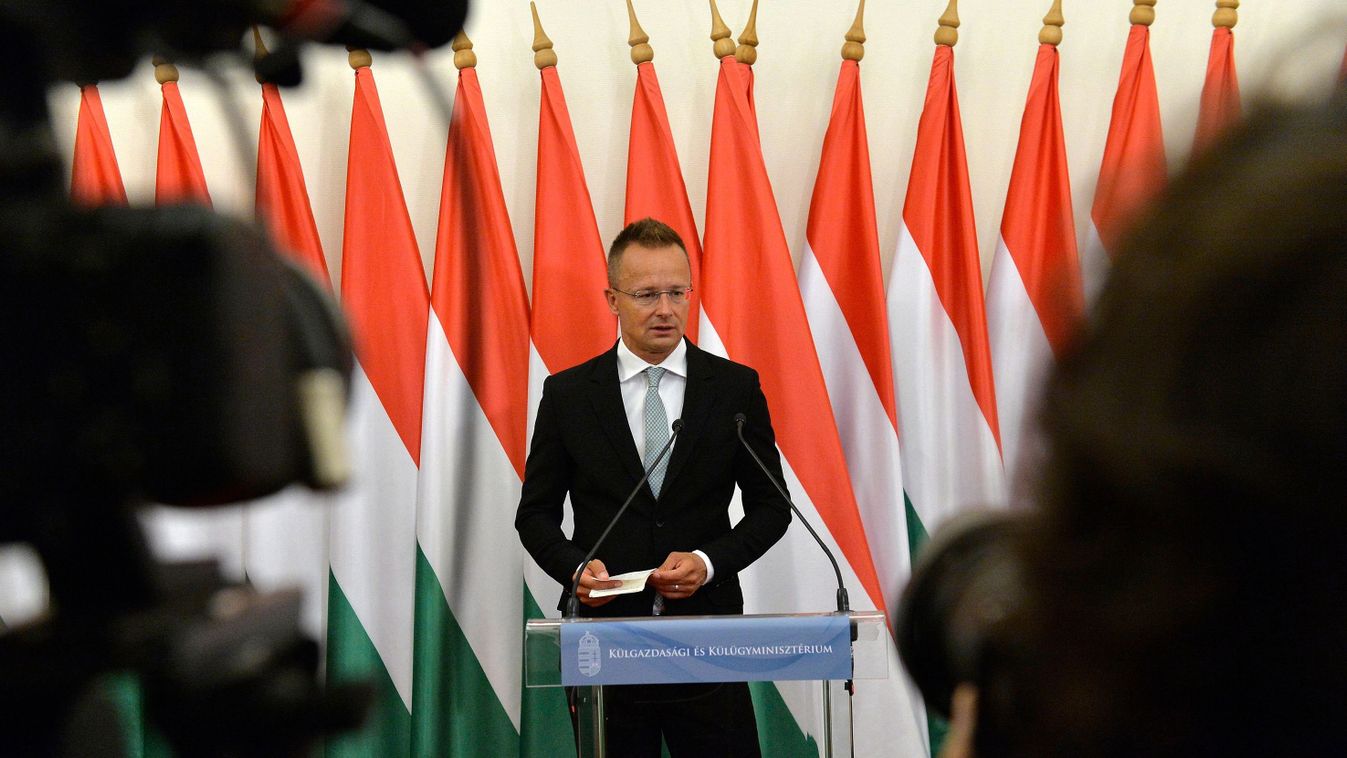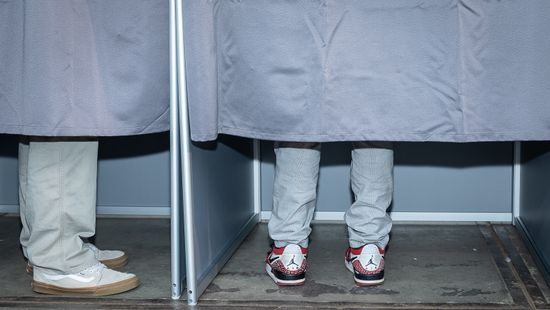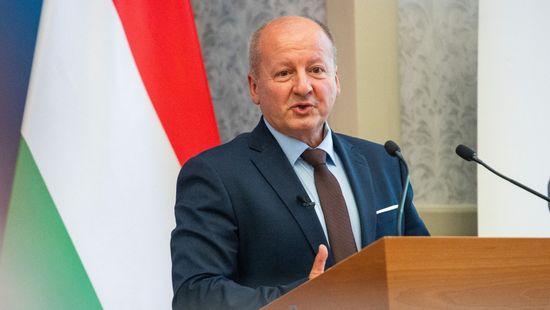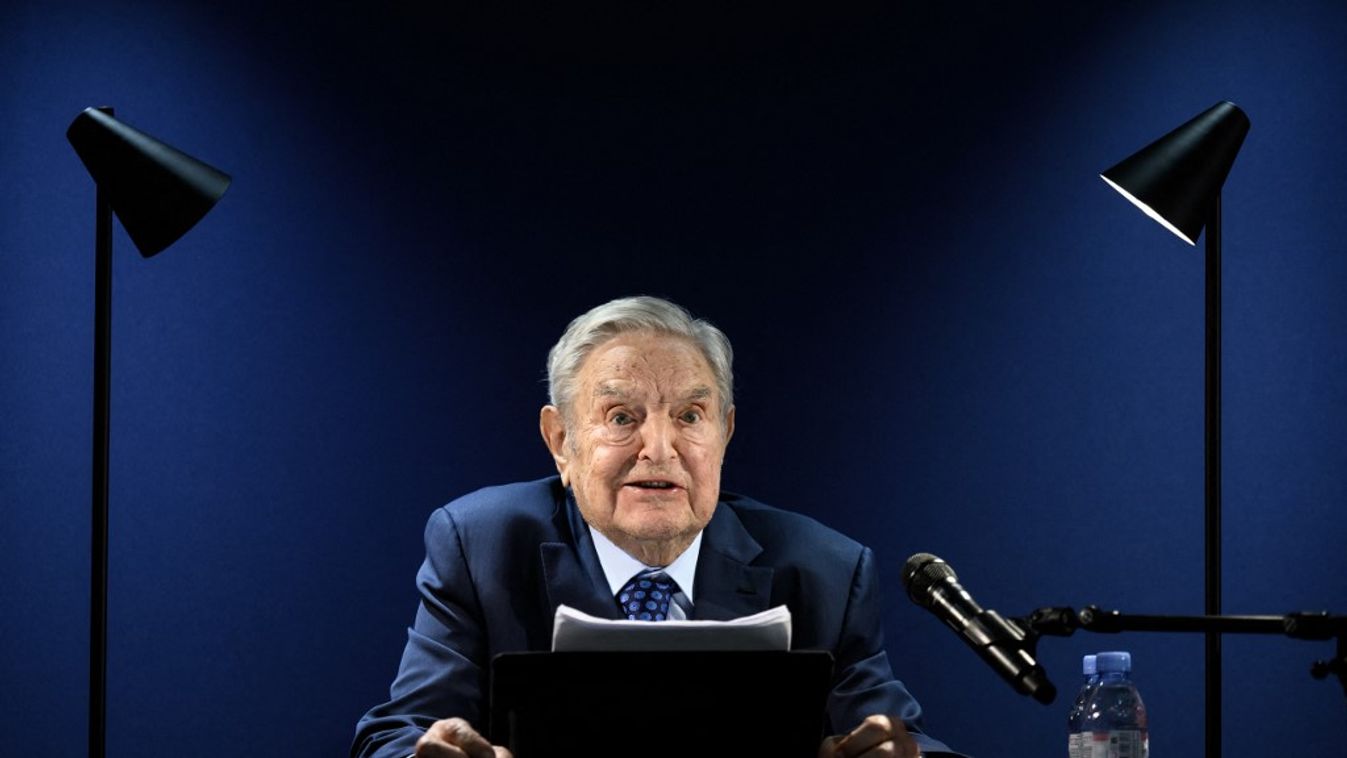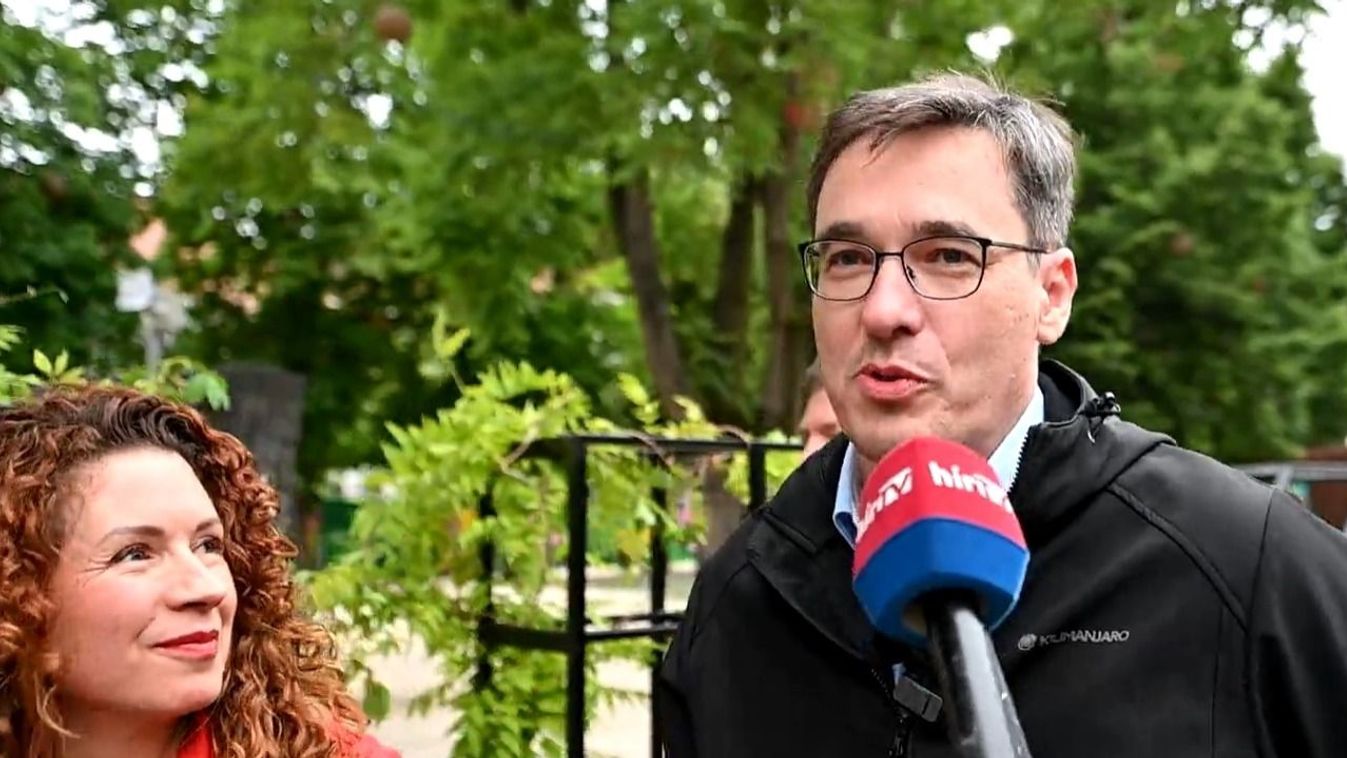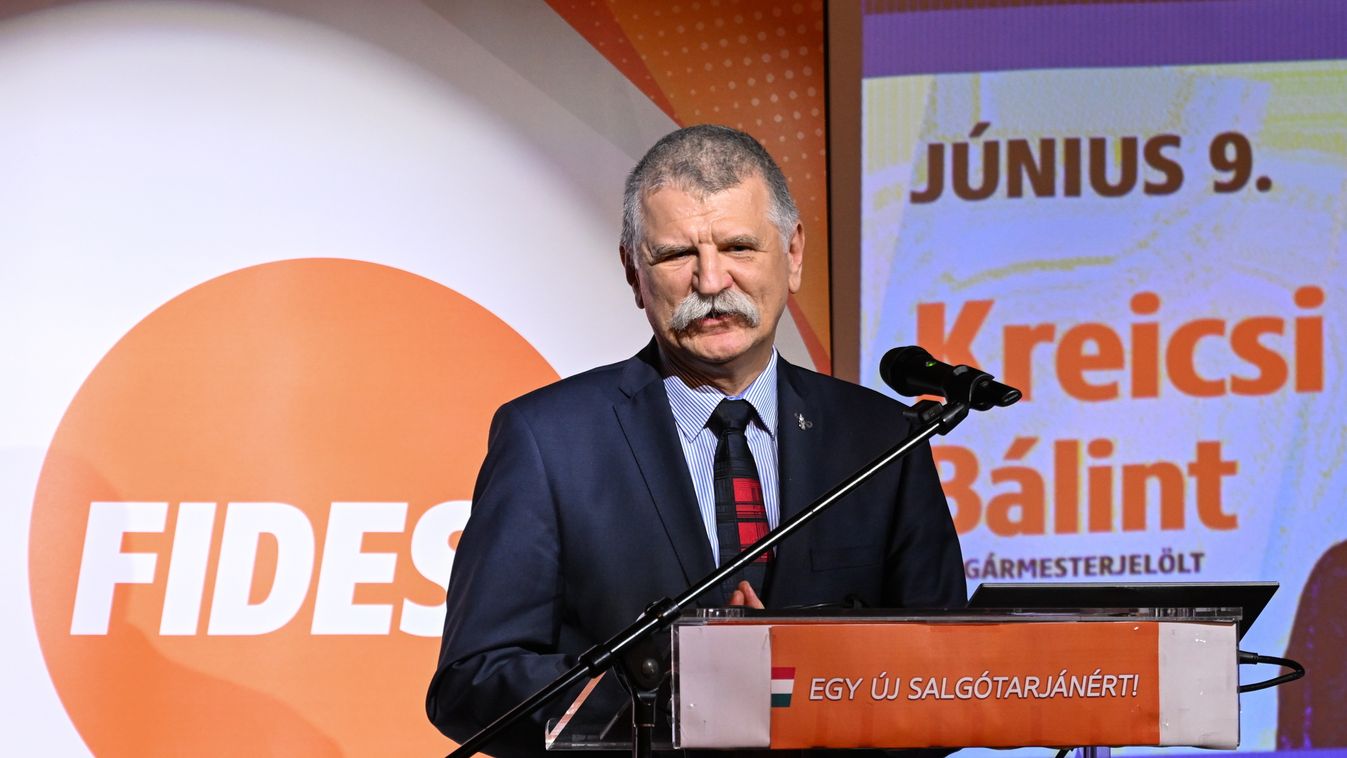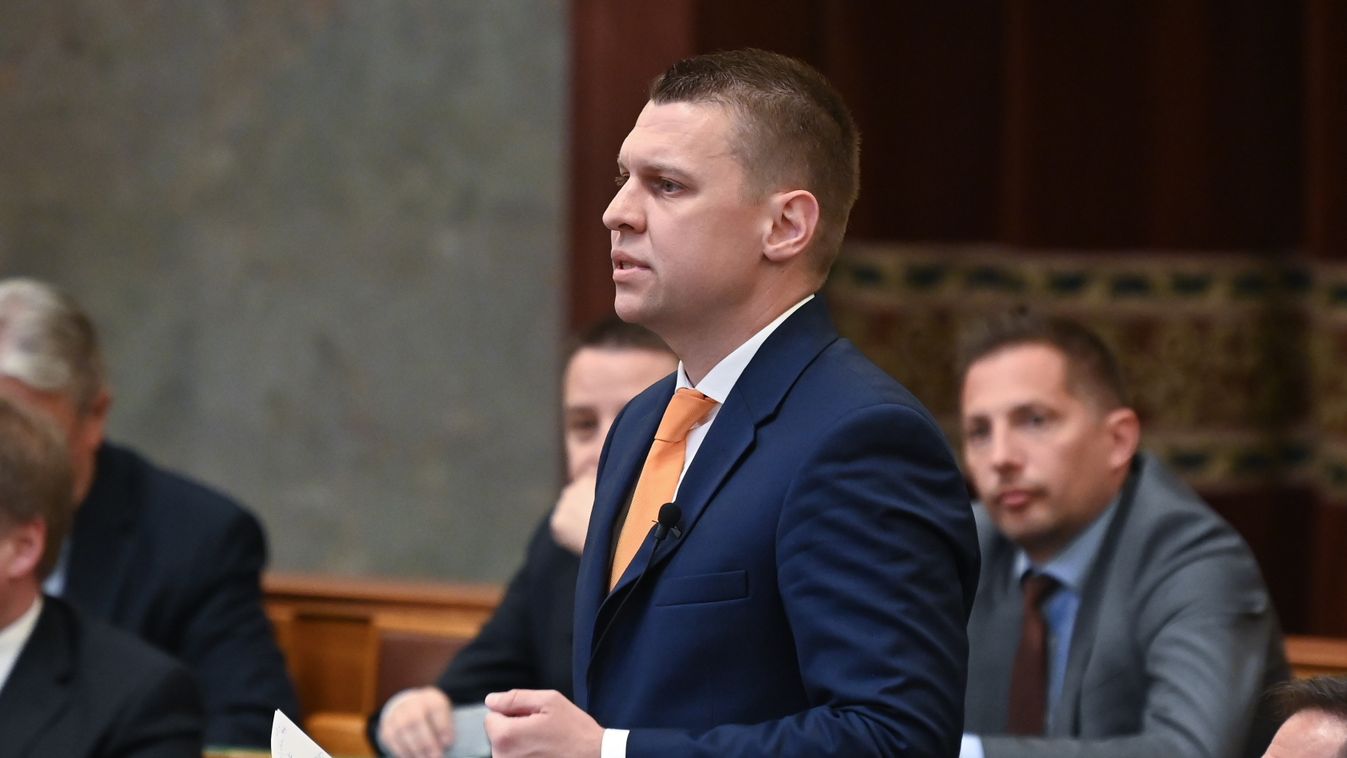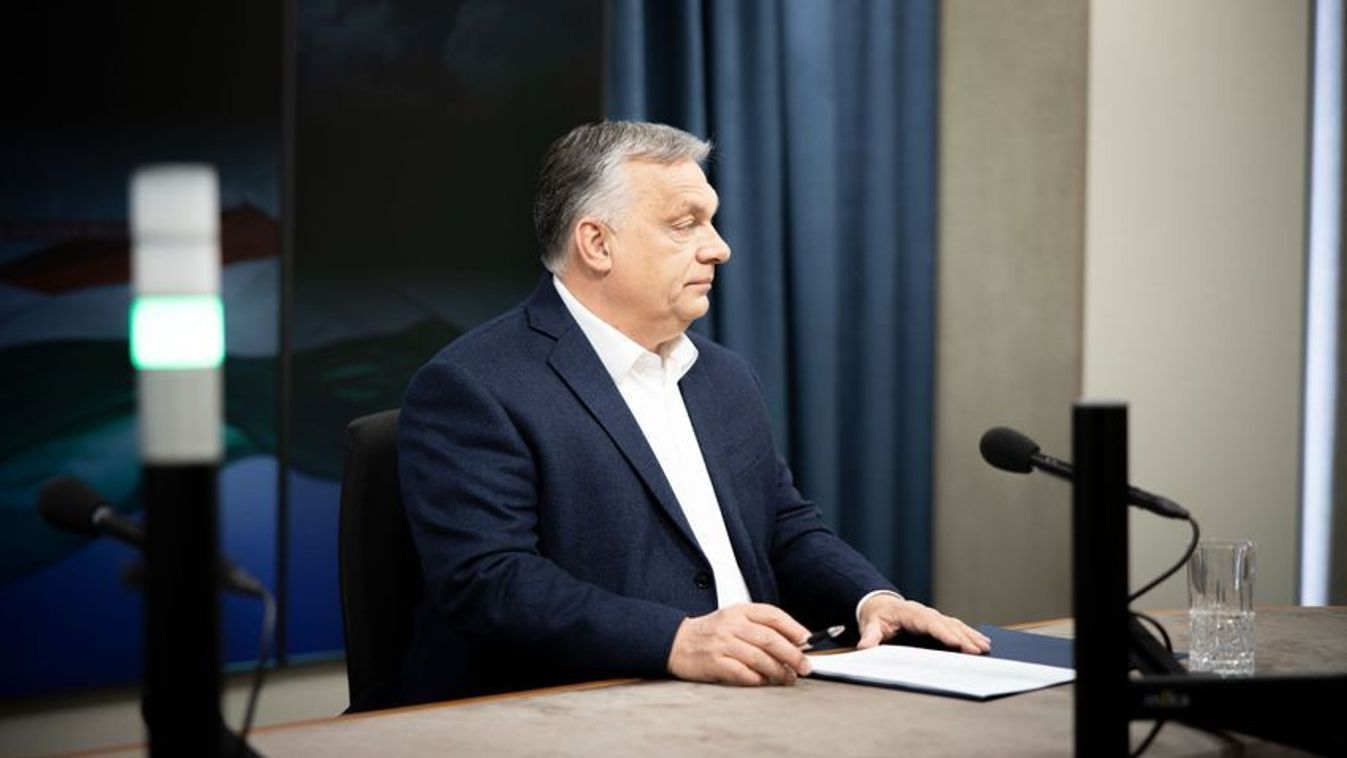The Hungarian government has already done its homework on Sweden's application for NATO membership, as it submitted the Swedish ratification document to Parliament earlier this year. The assembly will have the opportunity to decide when to vote on the issue at its autumn plenary session starting in September, Minister of Foreign Affairs and Trade Peter Szijjarto told Turkish channel TRT World in an interview.
Attempts to resolve disputes with Stockholm have failed so far, he underlined, adding that
regrettably, Hungary has become a target and a victim of this political dispute "laden with criticism and judgements", and been on the receiving end of interference in its domestic politics.
The government does not want to become the obstacle in the way of Swedish NATO membership, and has regularly consulted on Finland and Sweden’s NATO membership application with Turkish leaders.
This was most recently discussed during Turkish President Recep Tayyip Erdogan's visit to Budapest on 20 August, and Peter Szijjarto also holds frequent consultations with his Turkish counterpart Hakan Fidan on the issue. As a NATO ally, Hungary also considers Turkiye’s interests, because a military-defence alliance must be based on trust, the minister highlighted.
Regarding the war in Ukraine, Peter Szijjarto said that being a neighbouring country, Hungary is in a “singular situation” with some 150 thousand Hungarians living in Ukraine, many of whom have been drafted into the Ukrainian army and lost their lives in the war. This is why Hungary urges an immediate ceasefire and peace talks, and refuses to allow weapons deliveries to Ukraine through its territory.
The sooner the war ends, the fewer Ukrainians and Ukrainian Hungarians will die,
he said.
As a country which time and again had to fight for its freedom and independence, Hungary respects Ukraine’s territorial integrity and sovereignty unconditionally, he stressed. It is also supporting more than 1 million refugees who have arrived in Hungary since the start of the war. Some 1,300 kindergartens and schools in Hungary have accepted Ukrainian children. The government is providing health care while working to offer jobs and create conditions for a normal life for families, mostly torn apart, as men have stayed at home to fight.
EAccordingly, Hungary expects Ukraine to restore the rights of its Hungarian minority as they were in 2015 regarding the use of the mother tongue, culture and administration.
The minority rights of the Hungarian community living in Transcarpathia are much more limited today than in 2015, which is unacceptable, the minister pointed out. If Ukraine aspires to become an EU member, it must accept its values and guarantee the rights of ethnic minorities, he added.
Speaking about Hungary's ban on grain imports from Ukraine, Peter Szijjarto noted that it was regrettable that Russia had backed out of the Black Sea grain export deal earlier this month, despite efforts by Turkiye and personally President Erdogan to keep the deal afloat. Hungary has always kept solidarity corridors open, contributing to Ukrainian grain being delivered to African and Middle Eastern countries, he said. Some of the grain, however, remained in Hungary rather than being transported to the countries in need.
Hungary's government will continue to keep transit routes for Ukrainian grain exports. However, the large quantities of cheap Ukrainian grain arriving in Hungary - intended for poor African countries at risk of starvation - threatened to ruin Hungarian markets and farmers, as the cost of grain production is much higher in Hungary than in Ukraine due to strict EU regulations.
Regarding Hungary’s energy security, FM Szijjarto highlighted the importance of the Trans-Anatolian (TANAP) gas pipeline project, noting that Hungary has helped to build the TurkStream pipeline — alongside Russia, Turkiye, Bulgaria and Serbia — which is now capable of delivering 8.5 billion cubic meters of gas to Hungary,
Hungary started diversifying its energy resources long before the outbreak of the war in Ukraine, he emphasized. Besides Russia, the most important players to provide Hungary’s energy mix will be Turkiye, Azerbaijan and Qatar, he said. Under the latest agreement with the Turkish oil and gas company BOTAS, Hungary will receive nearly 300 million cubic meters of gas next year, he said, pointing out that this will be the first time that Turkiye will not only be a transit, but also a source country.
Since Qatar’s order book is full until 2026, Hungary will be able to purchase Qatari natural gas for the first time in 2027. The political will exists and business negotiations are underway with Qatargas LNG, Peter Szijjarto said.
The delivery of Qatari and Azeri gas would require significant developments in regional infrastructure, but the EU is dragging its feet on providing funding, he said. Instead, regional states like Slovakia, Hungary, Romania, Serbia, Greece and Turkiye have started negotiations on capacity development investments to enable large gas deliveries to these countries, Peter Szijjarto highlighted.

